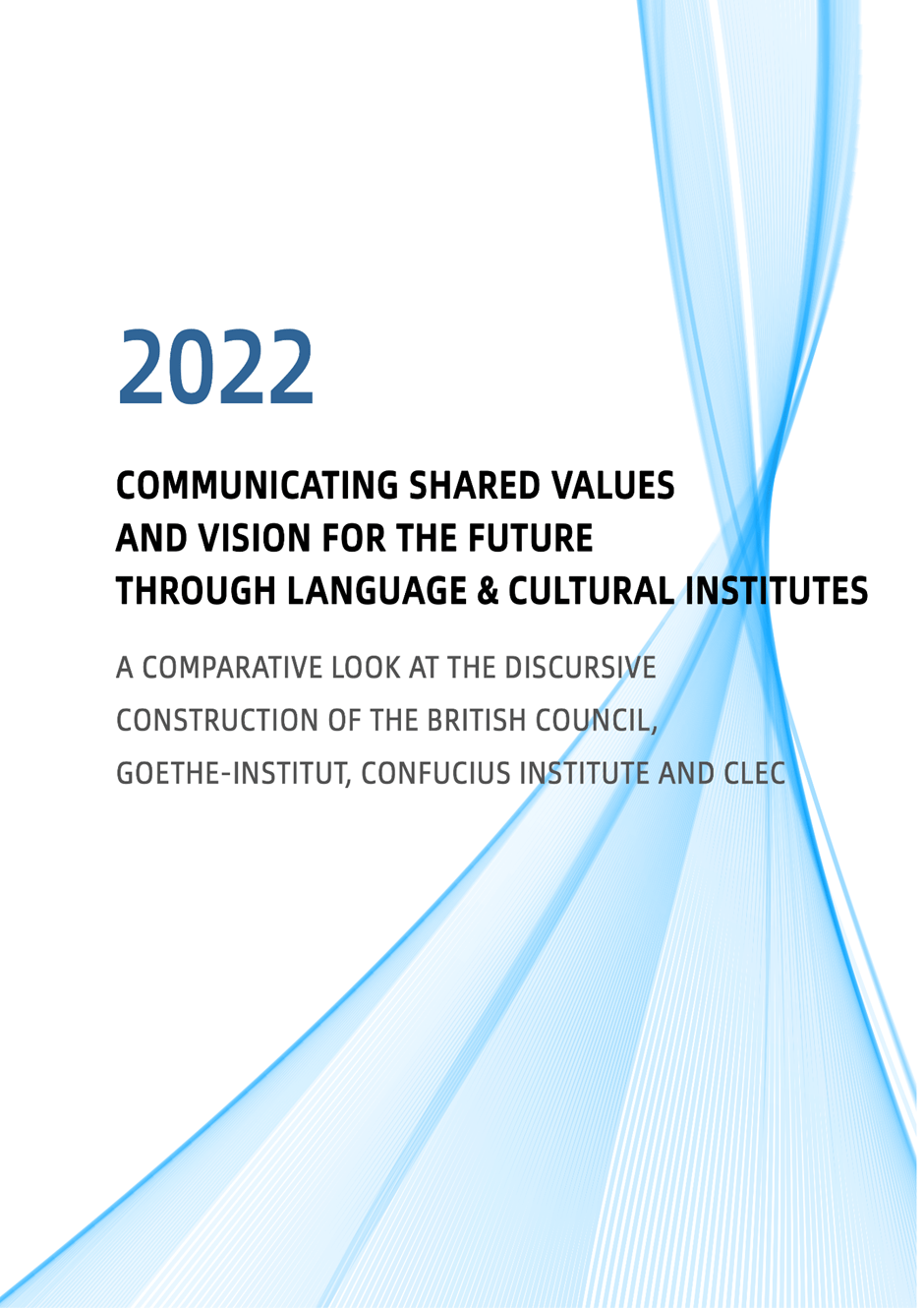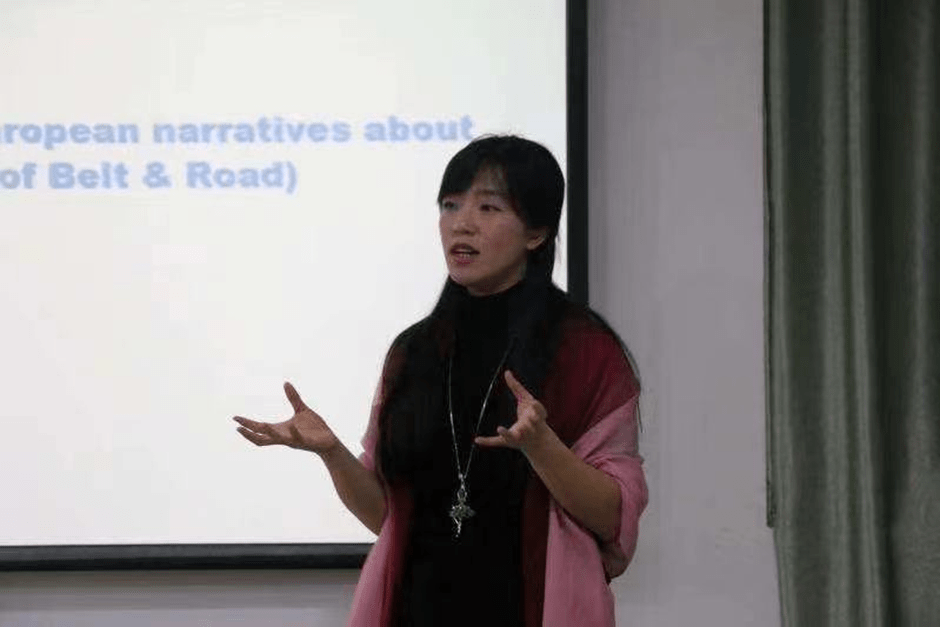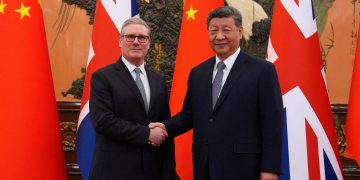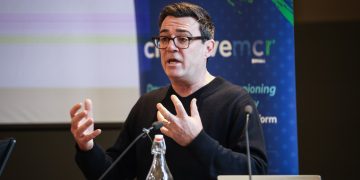Lugano, Switzerland – In a recent scientific report published by the China Media Observatory at Universita della Svizzera Italiana, the roles and functions of various language education centers and cultural institutes were analyzed in the context of an increasingly polarized and complex world. The report delves into the cultural, political, and social values embedded in the process of teaching and learning foreign languages, highlighting the significance of these institutions in navigating global challenges and striving towards a shared future for the global community.

Led by Dr. Zhan Zhang, a researcher at CMO, the study conducted a comparative analysis of the British Council, Goethe Institute, Confucius Institute, and the Center for Language Education and Cooperation (CLEC). By examining their mission, strategic plans, presence, and activities using management statements and archived web data from 2013 to 2022, the multifaceted functions of language education centers were explored—these centers not only act as cultural envoys but also serve as spaces for fostering cultural exchange, challenging stereotypes, and promoting mutual respect.

The report draws attention to the terminological divergence between Culture Relations, Culture Diplomacy, and Public Diplomacy, as employed by the selected institutions to frame their (varied) organizational objectives. The British Council emerges as an organization with a highly adaptable and dynamic approach to cultural exchange, emphasizing its close affiliation with Culture Relations. Its English language learning programs transcend a mere connection to the United Kingdom, positioning language skills as a means of supporting global youth, particularly from emerging markets, in their pursuit of international economic opportunities. Moreover, the British Council demonstrates a commitment to openness, cultural diversity, and sustainability through its global arts and cultural heritage projects.
In contrast, the Goethe-Institut places significant emphasis on promoting German interests and shared political values that foster European unity. Aligned with the concept of Public Diplomacy, the institute positions the learning of German language as a gateway to connecting with the labor market and society in Germany. With a regional focus on Europe, it aims to facilitate pan-European cooperation, cultural integration, and awareness of European citizenship. The Goethe-Institut’s provision of free spaces and networks worldwide serves as a platform for debates within the domestic German society and contributes to a global learning community.
The Confucius Institute, standing out as an exemplar of Culture Diplomacy, is dedicated to advancing multiculturalism and creating a harmonious world. While its cultural activities center around Chinese culture, the report notes a lack of specificity in terms of its contributions to emerging global issues. The institute has embraced digital technologies early on, establishing a comprehensive online system that facilitated a fast and efficient adaptation to the challenges posed by the pandemic. Similarly, the newly established Center for Language Education and Cooperation (CLEC) during the pandemic years demonstrates China’s commitment to fostering a global community with a shared future for humankind. However, the report highlights limitations in CLEC’s online profile, primarily centered on Chinese language learning, with fewer efforts to promote Chinese culture and engage in universal topics beyond China.
Against the backdrop of geopolitical developments and complex crises such as Brexit, the Covid-19 pandemic, and the Ukraine war, Europe has experienced heightened political, economic, and security tensions, leading to a reshaping of cultural policymaking in the region. The British Council and Goethe-Institut have responded with missions that align with national and regional interests, with the former emphasizing national interests and the latter prioritizing regional interests, reinforcing a return to European awareness and democratic values. In contrast, the Chinese language education centers have been comparatively slower in adapting to the rapidly changing geopolitical environment. The report emphasizes the need for a paradigm shift towards a transcultural perspective that goes beyond the boundaries defined by Cultural Diplomacy and Public Diplomacy to effectively communicating the shared values and future visions through language education centers. Additionally, the report provides a few insightful recommendations on employing discursive strategies to enhance visibility and raise awareness of China’s language and cultural promotion efforts in Europe and beyond.





























